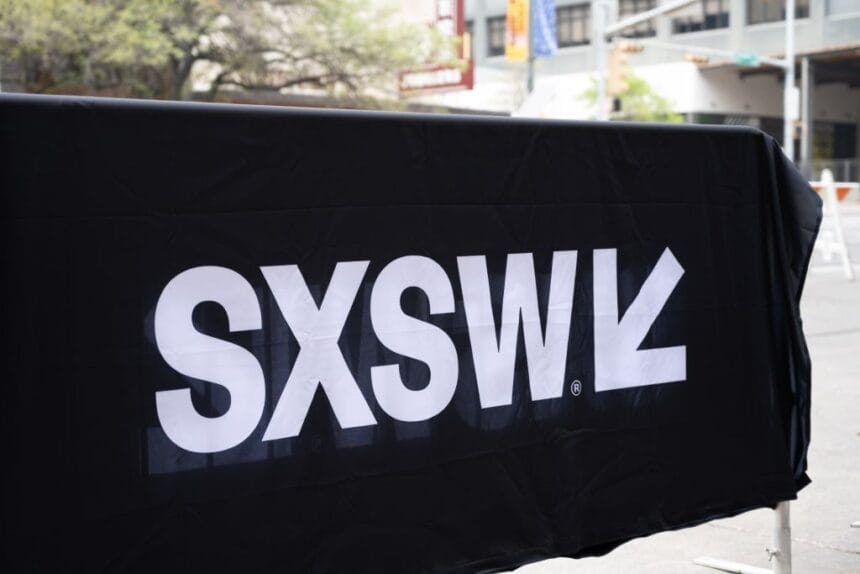The creative class, the digerati and those who surround them are gathering for the annual SXSW conference, which starts this weekend. An Austin-bound flight offers several telltale clues. Every seat is taken. The wifi is down, overloaded as it is by people working on panel presentations. And there is an unusually high quotient of passengers with very cool tattoos, artsy-looking glasses and down vests with embroidered fund logos.
It’s this annual nine-day rubbing of the shoulders that makes SXSW so much fun. Yes, it’s become a trope to say the annual gathering of the healthcare and marketing cognoscenti has become bloated and sprawling, unfocused, and has strayed too far from its roots as an indie music bash, that the marketers have taken it over and co-opted it for their own purposes.
There may be some truth to that, especially the sprawl. Comfortable, sensible shoes made for waking are a must at SXSW, as are mad time-management skills and an appetite for barbecue. But that’s part of the fun—madly dashing around to hear the best of the umpteen speakers on the most current topics, and to hear people float cool ideas. There’s star power — Selena Gomez and Dwayne Wade are attending — but the real value is in the tucked away corners, the unseen pages of a college course catalogue where you found your favorite class. SXSW is a much-needed annual reminder that there are some seriously smart people in the world.
I’m here for the health track, which kicks off the festival. If I have any beef with SXSW, it’s that our ability to cross paths with people from other disciplines is limited. The AI track doesn’t begin in earnest until Tuesday (although I doubt I’ll attend a single panel that doesn’t at least mention artificial intelligence) and the filmmakers and musicians don’t arrive en masse until next week. Sure, you could stay for the whole thing and get your money’s worth ($2,095 for an all-access pass good for the entire festival), but for most of us, the real world beckons. I’d love to hear an artist’s perspective on health care, and how AI can impact creativity to drive better outcomes. And musicians are never shy about offering opinions about healthcare.
And to be fair, many of the sponsors of health track panels have done a good job of bringing in a variety of speakers to broaden our frames of reference. I’m looking forward to a Finn Partners sponsored panel on healthcare in outer space (yes, really) and an Ogilvy panel on rebranding cancer to make screening and diagnoses less ominous.
I’ll hopefully find some time to pay homage to Stevie Ray Vaughan by visiting his memorial statue, and to hear some live music. Even if it’s not about healthcare.







